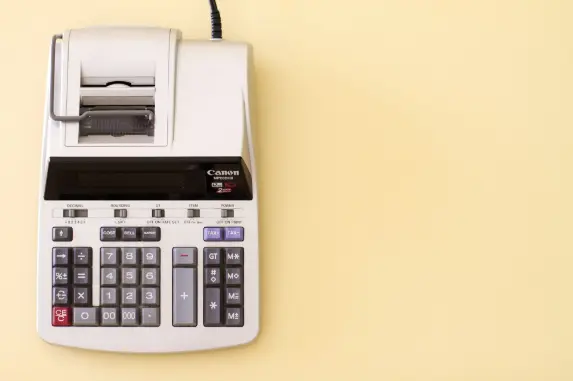Running a small business can be very busy and keeping track of your finances is often overwhelming.
Here’s some advice on how to choose the right accountant for your needs, with practical tips from a fellow entrepreneur, Diaa Al Masri, owner of Masri ApS, a transport company.
1. Look For Recommendations
A good accountant is often found through word of mouth. Just like finding a good lawyer or dentist, talk to people in your network—friends, family, or business partners.
As Diaa says, "It’s always a good idea to make sure you know the people recommending the service personally, and ask questions beforehand."
Before you meet a potential accountant, check their reputation. Are they trusted by others? A good reputation is key, especially when it comes to handling your business finances.
2. Make Sure They Are Certified
In Denmark, anyone can call themselves an accountant, but only those who are certified (approved, registered, or state-authorized) have completed formal training. Certified accountants must pass exams and are recognized by the Danish Business Authority.
Diaa advises: "Remember, some banks require you to have an approved accountant, so always check with your bank first."
Even if you don’t need a certified accountant, make sure the one you choose has experience and provides the services you need.
3. Choose Someone Who Understands Your Business
Look for an accountant who has worked with businesses like yours. If they understand how restaurants, taxis, kiosks, or hair salons operate, they’ll give you better advice. This saves you time explaining your business structure and needs.
4. Be Sure About Availability And Deadlines
It’s important to have an accountant who is available when you need them.
As Diaa points out, "Make sure you get your accounts on time every year, and that your accountant’s name is on the paperwork."
If your accountant isn’t responsive or misses deadlines, don’t wait to make a switch to a different accountant. "Start that process immediately, or you’ll end up regretting it!"
5. Stay in Control Of Your Finances
While it’s tempting to let your accountant handle everything, you should always stay in control of your own finances.
Diaa emphasizes, "Don’t give your accountant too much power over your business." You are responsible for any mistakes or delays in your accounts, and this includes communicating with your bank and government agencies.
Diaa adds: "Never give your accountant access to your MitID or e-boks—make sure you personally read any official messages before forwarding them to your accountant."
This way, you stay in charge of your business and avoid potential risks like identity theft or missed deadlines.
6. Compare Prices and Services
Once you’ve narrowed down your choices, ask for quotes from a few accountants. Remember that the cheapest option may not always be the best, so consider their services, availability, and how well they understand your needs.
7. Build Trust
At the end of the day, you need to feel comfortable working with your accountant. Trust is crucial. As Diaa says, "If you follow these steps, you can avoid many problems in the future and build trust with your business partners, including your bank."




